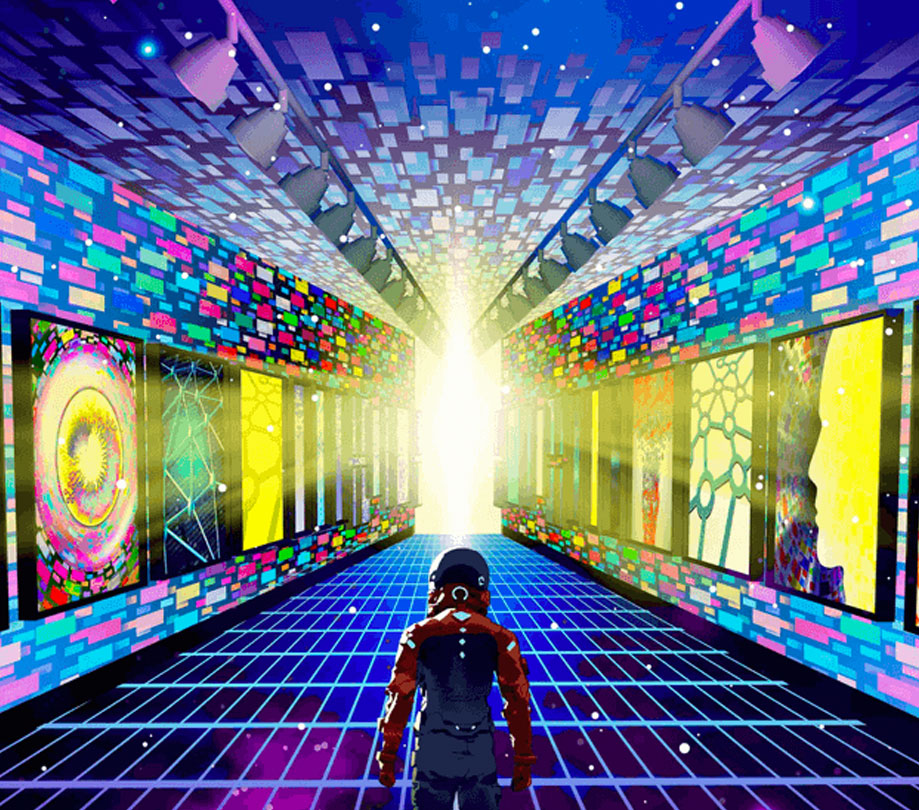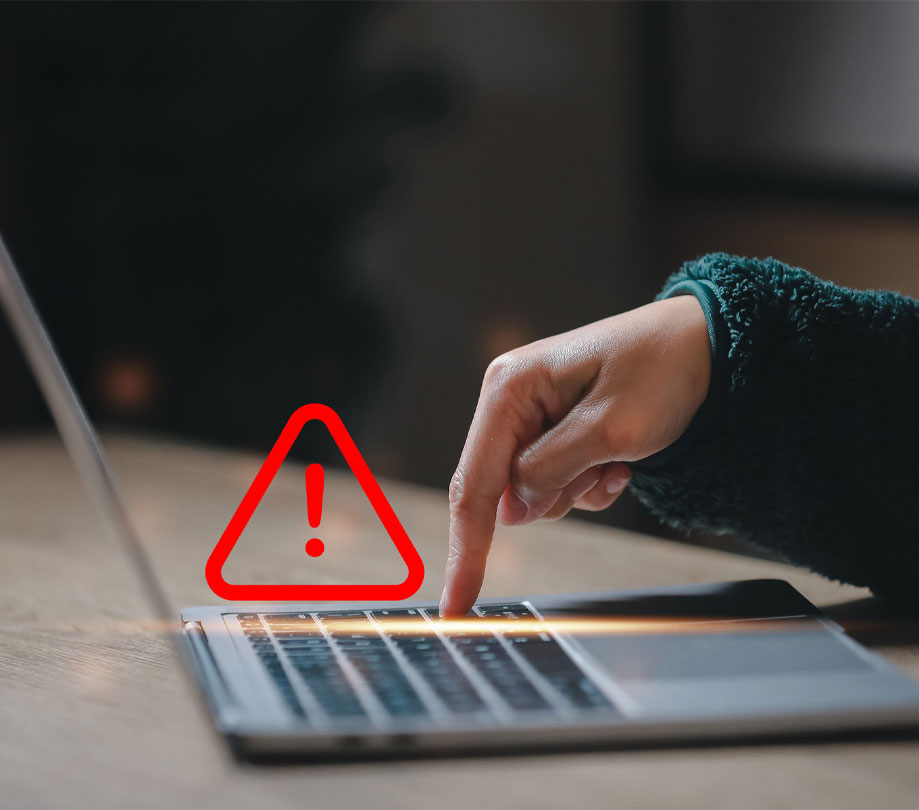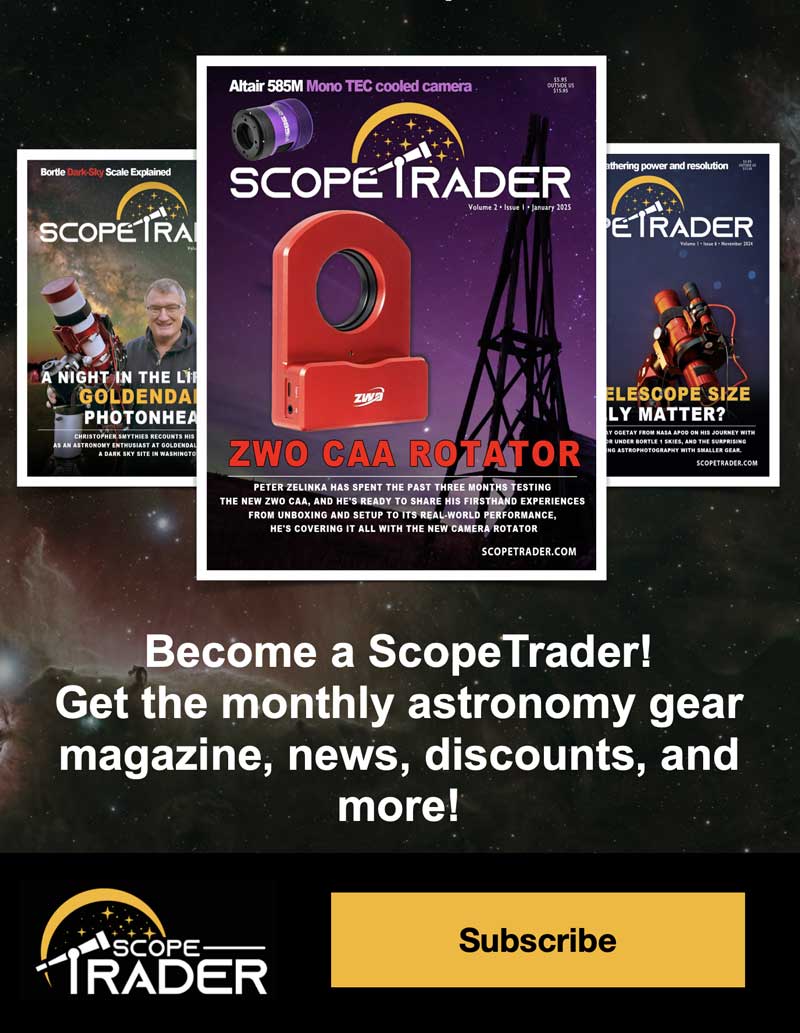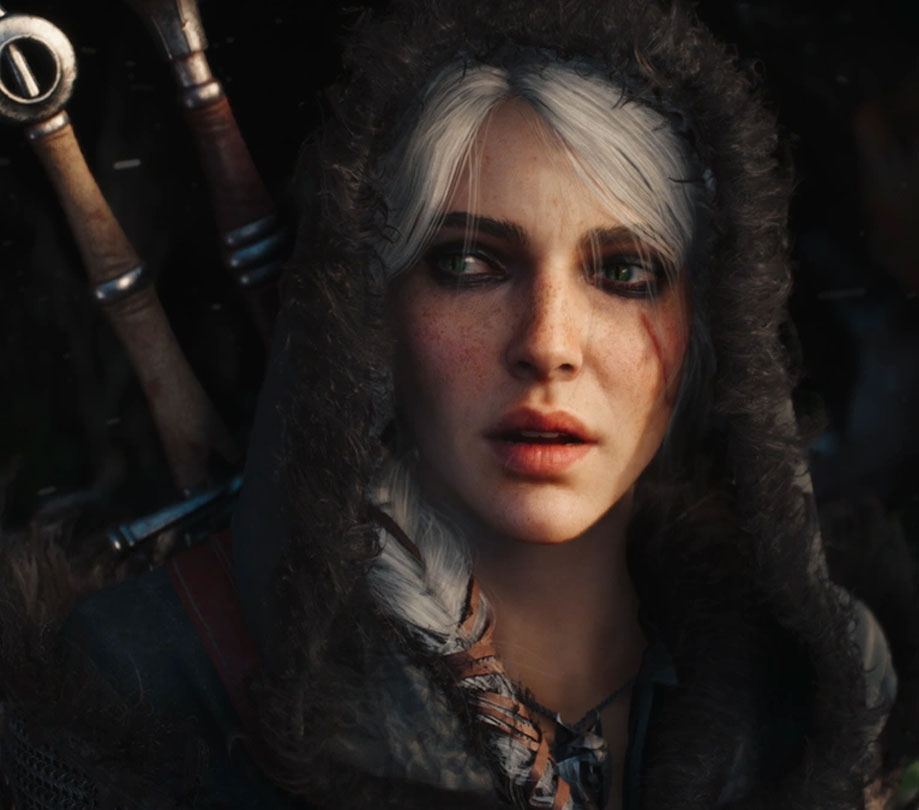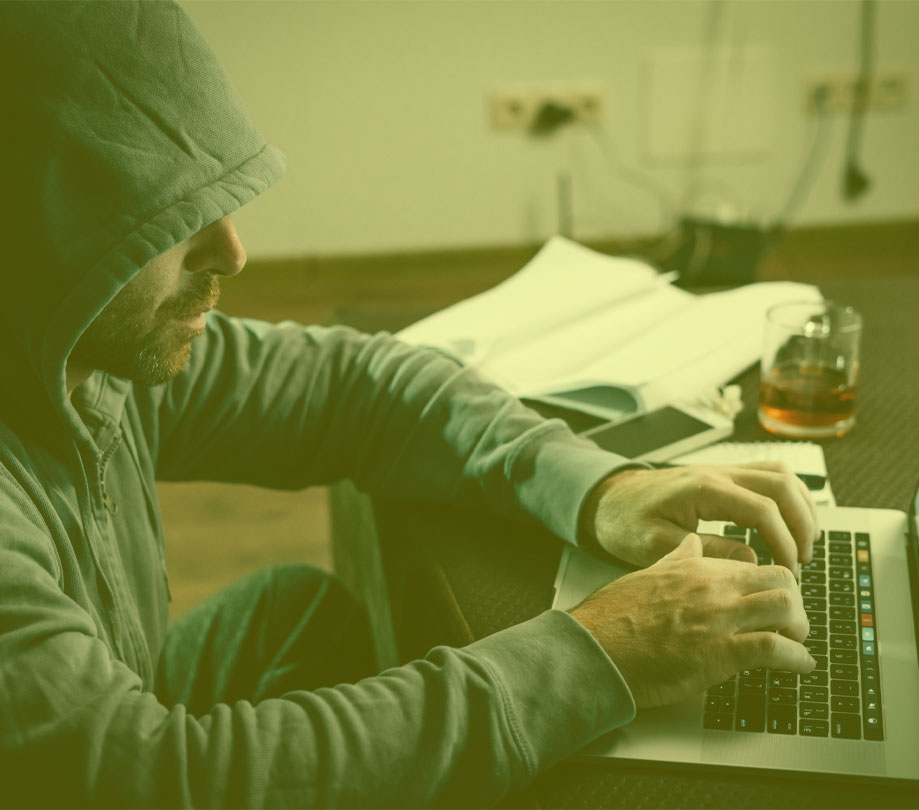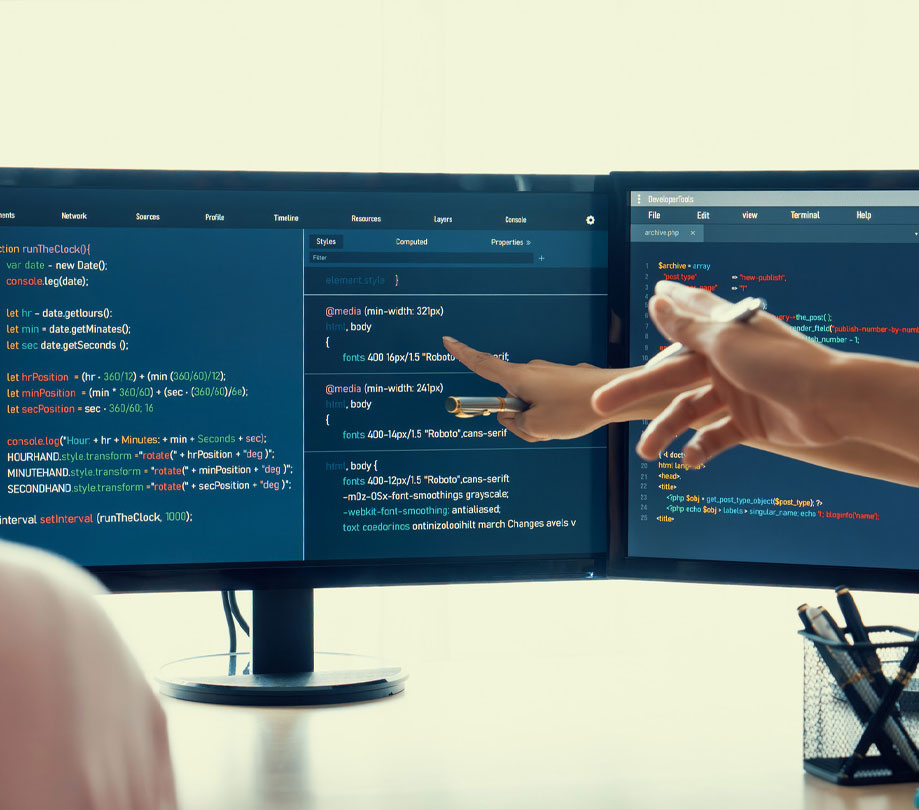NFTs
NFTs are irrelevant. Say what!
Wednesday, November 23, 2022

|
Richard Harris |
We recently chatted with Hussein Hallak from Next Decentrum, he talked about why NFTs are irrelevant because the real value lies with the content the digital items point to. Hallak also discusses how their flagship product Moementable aims to change the way users experience digital art.
NFT's, NFT's, NFT's! The buzzword you can't escape these days. But what are they and WHY? According to Hussein Hallak, the Co-Founder of Momentable, the new NFT e-commerce platform that is democratizing access to and reimagining the way we view art and culture, "NFT's are irrelevant." Say what?
He continues, "People are focused on the technology but not what it enables people to do or who it allows us to be. People have always sought connection and meaning and NFTs are simply a tool that allows humans to find a way to belong in the world."
Momentable empowers museums to create, manage, and promote NFT-based digital products, collections, and storefronts. But it’s not just museums seeing the benefits of NFTs – through NFTs, artists are also given more power, multiple revenue streams, freedom of expression, and more. According to Hallak, “The influx of attention and investment in NFTs over the past few years has proven there is vast interest not just in digital art, but specifically in the unique value proposition of digital scarcity and verifiable ownership. The participation from both creators, collectors, and curators alike demonstrates the interest and benefit to all sides of the artist market.”
Hussein sat with App Developer Magazine and explains what the company does, the products they provide including its flagship product Momentable, along with its mission to reimagine how users experience art and culture. He takes a deep dive into what NFTs are and how you can reap the benefits of digital ownership. Even more, he discusses how NFTs are bringing hope and power to artists and museums, and how NFTs are irrelevant because the content they point to is where the real value is at.
ADM: Explain Momentable and their mission?
Hallak: Momentable is the flagship product of Next Decentrum, a frontier technology startup on a mission to reimagine how we experience art and culture.
Momentable is a versatile platform designed to help museums, and established artists, connect with new collectors from around the world.
For museums and established artists, Momentable empowers them to quickly and easily build a storefront for their digital collectibles and make them available as an extension of their online presence.
Momenatable is designed to mimic the process of creation in real life. With powerful tools to work with and reward collaborators, flexible presentation and marketing possibilities for reaching out to different groups of audiences, and powerful management tools and controls.
For collectors, Momentable provides an easy-to-use, safe, and joyful collecting experience from their favorite artist or museum, with new ways of discovering artworks and artifacts that may interest them.
ADM: As a serial entrepreneur, why is this your latest endeavor?
Hallak: I’ve always been obsessed with connecting people. I believe the more connected to each other’s creativity, art, culture, and history, the more we become understanding and appreciative of each other, and the more collaborative we become.
I guess my deep love for art, music, and culture, and my fascination with the latest technology, made it so that I was detained to work at the intersection of people, art, and tech.
That’s what led me to cofound Next Decentrum, first to teach people about the latest emerging tech and empower them to use it, and then evolving to build tools for those I think are some of the most underappreciated people among us; artists.
ADM: In simplest terms what is an NFT?
Hallak: An NFT is a tool to transfer digital ownership.
To elaborate more, an NFT is a blockchain-based web3 technology element that allows the transfer of ownership from one user to another on any compatible marketplace.
Without NFTs, there is no provable, trackable, or traceable record of ownership of a digital item.
An NFT is the digital equivalent of a property deed. The property deed is not the property. But without the property deed, possessing the property, or living in it, doesn’t mean you’re the owner. However, if your name is on the property deed, it doesn’t matter who lives on the property right now; you are the property owner.
Owning the NFT means you are the owner of the digital item that the NFT points to. That item can be anything; let’s say the item is digital artwork. The artwork may be shared across the Internet for everybody to enjoy. However, only you can prove you’re the owner of the art by owning the NFT.
So you are the only one that reaps the benefits of ownership, like being paid when someone buys it.
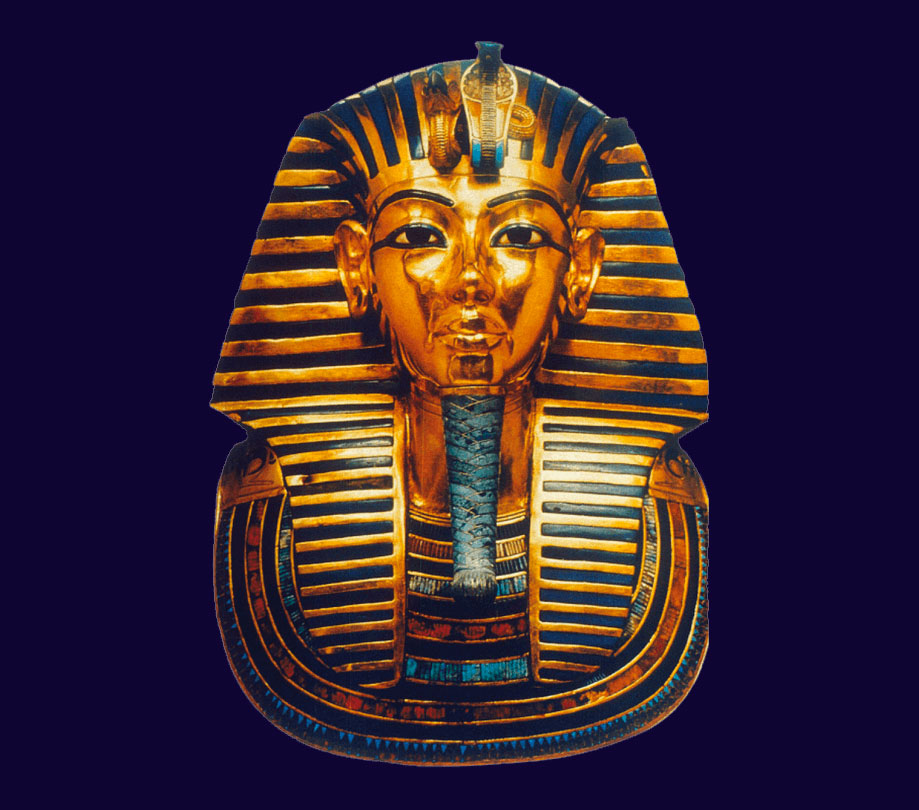
ADM: How can NFT's give artists and museums more power and why does this interest you?
Hallak: Artists and museums are limited in the ways they can generate revenue.
Artists can only make money from selling their paintings, and commissions, and if they can pull it off, prints and merch. So as an artist, you have to work to eat, sometimes you have to take on a job to make ends meet and fund your art.
Some artists have benefited from the creator movement and built an online presence. However, making one’s presence on social media and youtube successful is another job on its own.
Museums rely heavily on donations, and a small part of their revenue comes from tickets and their physical or online gift shop. This means a considerable amount of the museum resources is dedicated to fundraising.
Unless you are one of the top artists or museums, you are struggling. Which limits the focus on what really matters, the art.
Using blockchain-based digital collectibles (NFTs) allows for the transfer of ownership of digital items. This opens up the door for several transformative opportunities. The most obvious one is selling digital art.
Suddenly artists and museums can make digital copies of their collections and make that available for collectors from around the world to collect and own.
This is not new, artists and museums have been making prints of their art, financing printing was invented, however, that requires the cost of printing, and shipping and caters to an audience that has space to display, all of which are limiting factors.
In an age where we live on our digital devices, we travel, and we have friends all over the world, people like to own digital items that they can enjoy with others, showcase, and take with them wherever they go. Think digital music vs CDs, tapes, or vinyl.
Due to the malleable nature of blockchain-based digital collectibles (NFTs), museums and artists can do much more, for example, they can give people membership, access, and promise of future benefits, in addition to giving the art. So no more need for complex membership software or loyalty programs or the need to manage your customer base. If you own the digital collectible you get access to the benefits that come with it.
And digital collectibles can encode royalties that are paid to the original creator every time the digital collectible is resold. So artists and museums can continue to generate revenue the more work they put into building a brand and the larger their community gets, which, thanks to the nature of digital collectibles, can be truly global.
The reason this is interesting for us is that using blockchain-based digital collectibles (NFTs) can democratize access to art and culture, anyone, anywhere regardless of their financial means can collect art and connect with artists and museums.
ADM: When you say 'NFT's are irrelevant' can you explain what you mean and how we need to redefine what an NFT is?
Hallak: NFTs are the boring but very important piece of the technology puzzle the museums need to put together to step confidently into the future of art and culture.
Take websites, for example, they are just a technology element, and they offer no value in and of themselves. It’s really about the content the website makes available and the function that a website performs, that’s what really gives the website value. Most websites provide no value whatsoever.
Similarly, NFTs by themselves are just a technology element, it’s really about the content they point to, and that’s where the real value is.
Imagine if every time we talk about a piece of content, a great article, or artwork online we use the words website or online. Online articles, website art… and so on. That would sound silly.
That’s why the terms NFT Art, or NFT this, NFT that, sound so wrong to us, cause the art is the same, we just connected it to an NFT to make it possible to sell it and prove ownership online. Put simply the artistic value is no different.
Unfortunately, quite the opposite, artwork with very little artistic value if any dominates the use of NFTs, and therefore the term NFT art generally became an indicator of low-quality art and schemes meant to scam people.
We understand NFTs are still new, and adding NFT to something carries a novelty, just like we used the word “online” in the 00s. In the near future everything will become an NFT, and adding NFT to anything will become redundant.
An NFT that points to a property will be different from one that points to art and one that grants you access to membership benefits, so NFTs will be irrelevant because no one will say buy my NFT art, just like they don’t say check out my online portfolio, or read my web article. Instead, you will just say buy my art, just like you say check out my portfolio and read my article.
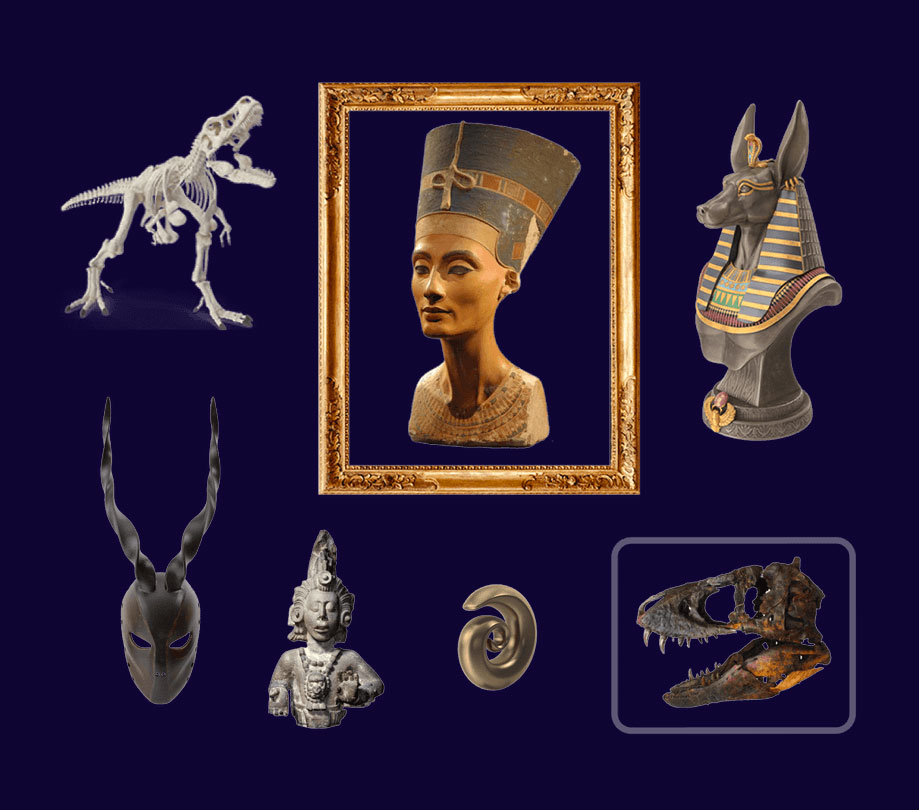
ADM: When it comes to NFT's what is the paradigm shift and where are we headed?
Hallak: The art and culture scene is currently limited to a few small circles that the artist has to break into to gain notoriety and generate significant revenue. However, the rise of digital collectibles is the latest technology innovation which along with content and social media platforms allows artists to reach out to a global community, create far-reaching impact, and generate perpetual revenue.
We believe the future is not about choosing who to exhibit in a limited physical space, but about how to become platforms for elevating as many artists and creators as possible, and breaking down the barriers preventing access.
We expect the focus in the future to revolve around the human experience and exploring what’s possible with the continued adoption of frontier technologies like blockchain, VR/AR, AI, 3D printing, IoT, and more.
While an NFT’s core purpose is exclusive ownership they open the doors for unlimited discovery, learning, and building excitement around meaningful experiences.
Think YouTube, one person owns the video and reaps the rewards, while the whole world can watch, share, and enjoy it at no cost.
ADM: Momentable falls under Next Decentrum - can you explain how they're connected and work together?
Hallak: Next Decentrum is on a mission to reimagine how we experience art and culture. We deliver on this mission through Momentable, a versatile platform designed to help museums, and established artists, connect with new collectors from around the world.
Next Decentrum is also the creative force behind many collections and projects that will be released on the Momentable platform, and we provide managed services to leading museums and artists to help them create future-ready experiences by adopting emerging technologies like AR, VR, AI, and Web3.
ADM: What's next for Momentable and Next Decentrum?
Hallak: We envision a future where everyone is free to collect whatever brings them joy, happiness, and financial rewards.
Blockchain-based digital collectibles (NFTs) are at the heart of empowering this revolution of digital ownership.
We are working to launch several new collections, and announce key partnerships to expand the reach of collections published on Momentable, to make the experience of collecting NFTs easier, simpler, and more enjoyable even for first-time collectors.
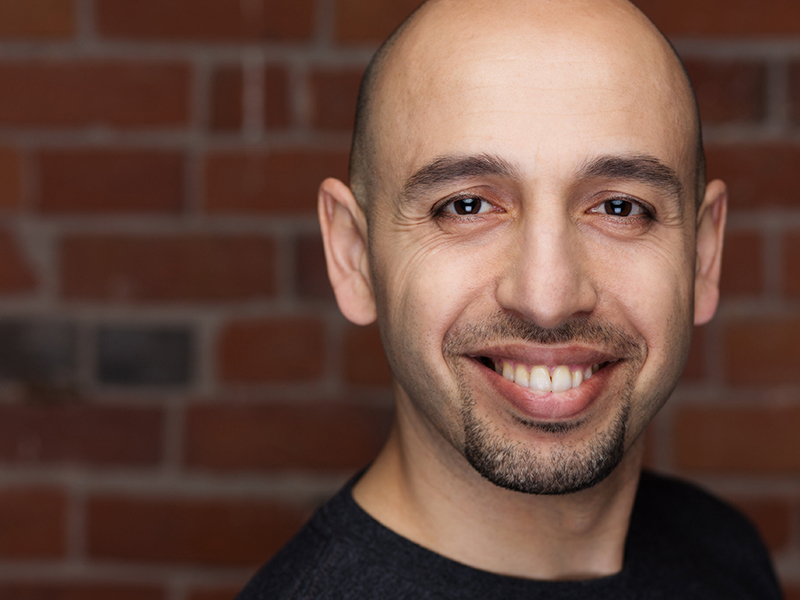
Hussein Hallak
Hussein Hallak is the Founder and CEO of Next Decentrum, the launchpad for the world’s most iconic NFT products.
Heavily experienced in the art and technology fields, his recent roles include General Manager of Launch, one of North America’s top tech hubs and startup incubators. He helped over 6500+ founders and 500+ startups raise over $1 billion. In 2019, Hussein joined 3-tier logic as VP of Products & Strategy and worked with some of the world’s most valuable brands including Universal Studios, P&G, and Kimberly Clark.
Hussein writes and speaks about startups, blockchain, and NFTs, and he advises several blockchain and tech startups including Ami Pro, Gigr, Mobile Art School, Fintrux, Majik Bus, Traction Health, Cloud Nine, and Peace Geeks.
He was recognized in 2019 as one of 30 Vancouver tech thought-leaders and influencers to follow and has been featured in Forbes, BBC, BetaKit, Entrepreneur, DailyHive, Notable, and CBC.
When not building products, he enjoys writing, reading, and engaging in meaningful conversations over good coffee, and his favorite pastimes include playing chess with his kids, binging on good drama and science fiction, drawing, and learning new guitar licks, sometimes all at the same time.

Become a subscriber of App Developer Magazine for just $5.99 a month and take advantage of all these perks.
MEMBERS GET ACCESS TO
- - Exclusive content from leaders in the industry
- - Q&A articles from industry leaders
- - Tips and tricks from the most successful developers weekly
- - Monthly issues, including all 90+ back-issues since 2012
- - Event discounts and early-bird signups
- - Gain insight from top achievers in the app store
- - Learn what tools to use, what SDK's to use, and more
Subscribe here


